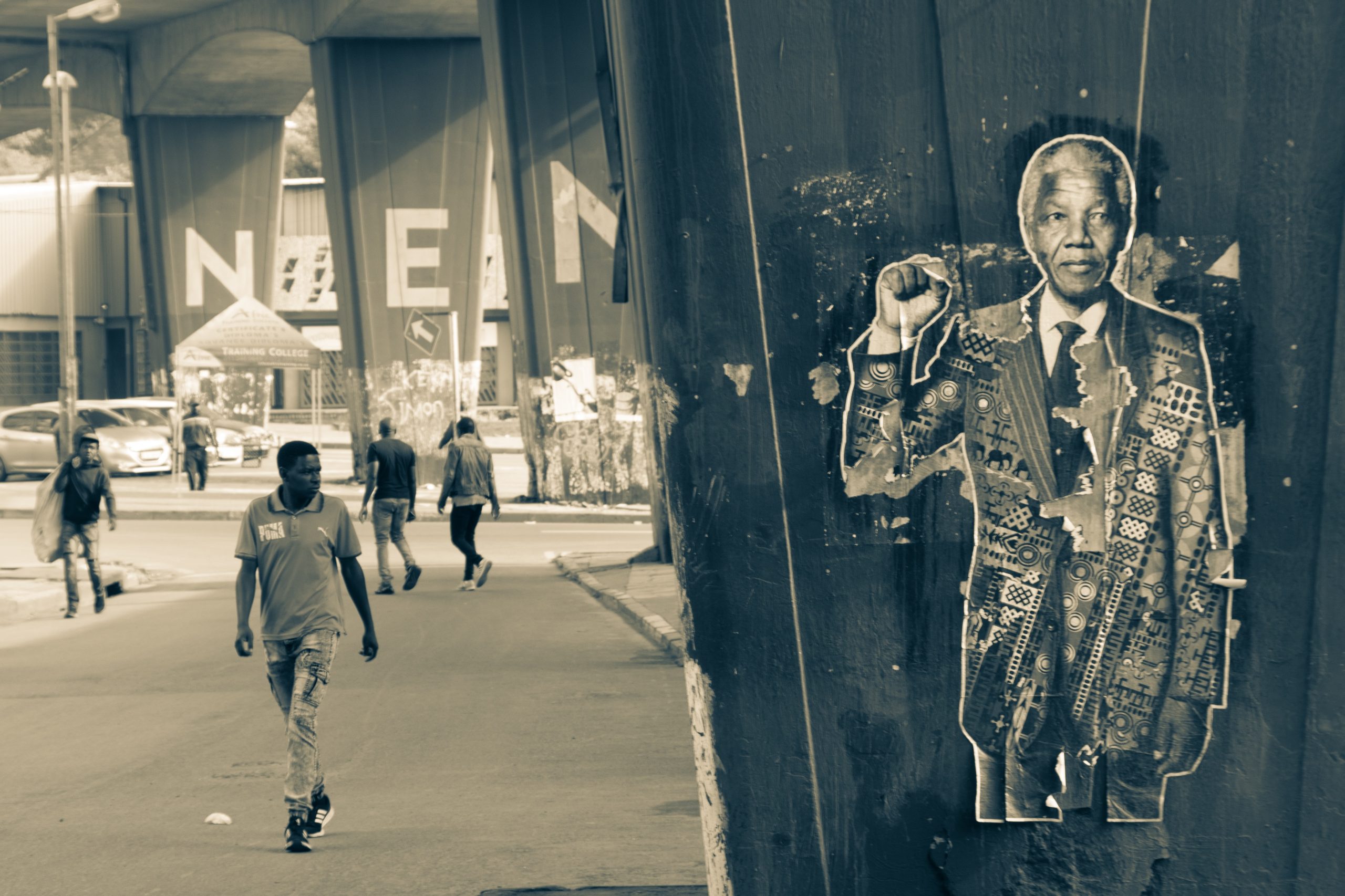Discussions about spectrum allocation and the megawatt ceiling for South Africa’s new energy plan are difficult and important. However, honest debates about the very sensitive issues that hamper the implementation of good policies in South Africa are equally crucial.
This was the sentiment among analysts who gathered on 8 June for the third or fourth time – depending who sat at the table during each of the rounds – in a closed facilitated discussion about the state of the nation.
The discussions are convened by In Transformation Initiative, Democracy Works, the Hanns Seidel Foundation, the Kgalema Motlanthe Foundation and the Gordon Institute for Business Science.
Economists and political analysts agreed that progress is being made on some fronts to move the country forward, however, deep structural questions “should be dealt with courageously”. This includes structural reforms of the economy, dealing with patronage and local government level incompetence, transformation and improving interaction between business and government.
Some felt that ‘ministers are not aligned behind the president’ when it came to implementation.
“Let’s spell it out,” said one speaker. “Is the lack of implementation about deliberate obstruction or lack of capacity?”
“Is it about vested interests or is it ideological, about race and black economic empowerment?”
These questions permeate progress on many levels. The energy debate that has preoccupied South Africans over many months, is also affected by these underlying divisions and viewpoints that are seldom raised in public. For example, renewables are seen as “white capital” whereas coal investments are “black capital”, said the same speaker.
Addressing the elephant in the room, as such. But what exactly is to be addressed and what should the sequencing be?
For many at this gathering the problem is the ANC.
“You can see that even the vaccine rollout is undermined by these issues of corruption, etcetera. Look at Digital Vibes,” said one participant referring to the company accused of corruption that has brought down health minister Zweli Mkhize.
“The elephant in the room is the ANC. It’s cadre deployment – that is the problem.”
No, this is not exactly it, proffered another analyst. “The problem is not the ANC, but people see the ANC as the only way to get wealth, because there are no alternatives, especially in rural areas.”
Another speaker believes the elephant is the land question. If that is not solved there can’t be progress in improving the lives of citizens.
In any event, the problems are either ignored or viewed through such different lenses that no attempt at tackling them is possible.
“Everyone sees the elephant differently,” said one speaker. There are two main views of South Africa’s economic woes. Firstly, there are legacy issues of colonialism and apartheid. The second view is that all the problems are the fault of the current administration.
“Some people only want to talk about the one and others only want to talk about number two. We need an honest discussion about this. It’s about deep level ideological issues.”
Getting the vocabulary right would be a good start. Some use ‘transformation’ and ‘corruption’ in the same sentence.
“Conflation of transformation and corruption would be a fundamental flaw of misunderstanding the history of the socio-economic exclusion of the majority of people which need to be rectified through transformation towards inclusive, just socio-economic issues,” wrote one analyst in the chat.
Another participant agreed:
“We must distinguish between transformation, including BEE and similar policies, on the one hand, and cadre deployment on the other. The former are necessary and at least potentially socially constructive, especially if they were better implemented. The latter is a political strategy, which, intentionally or not, fosters patronage, corruption, state capture, impunity and other highly destructive tendencies.”
Yet, while discussions are necessary, they are certainly not going to be enough.
Once the conversation has started and the sensitive issues on the table, a strategy should be put in place to look at both the immediate and the deeper structural issues.
A number of speakers suggested that a number of limited, ‘catalytic programmes’ such as energy and law enforcement should be tackled immediately. Sequencing would be crucial to make sure progress is made.
The 8 June discussion took place before the surprise announcement of President Cyril Ramaphosa that electricity procurement from the private sector would be raised from 1 megawatt to 100 megawatt in the next few months.
At the debate, one economist ambitiously noted that business is asking for a 50 megawatt ceiling.
The president might have been listening in and decided to raise the stakes.
At least one catalytic project now seems well on its way.
One is tempted to add: move over all the elephants so that implementation can happen.

